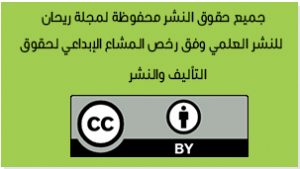This research investigates the effectiveness of direct and indirect written corrective feedback (CF) on the grammatical accuracy of Lebanese EFL grade 7 learners. The study used a mixed-methods approach, combining a quasi-experiment with Think-Aloud Protocols (TAPs).
The quasi-experimental design involved three groups: a control group and two experimental groups (direct and indirect CF). Students were given a pre-test to assess their initial language proficiency. After receiving instruction on the target linguistic structures (comparative and prepositions of space), students completed a writing task and received either direct or indirect CF. A post-test was administered to measure short-term learning, and a delayed post-test was given 15 weeks later to assess long-term retention.
The quantitative results showed that both direct and indirect CF improved students’ grammatical accuracy during revision. However, direct CF had a more significant impact on short-term learning. Interestingly, the indirect CF group outperformed the direct CF group in the immediate post-test for the comparative structure, suggesting that deeper processing of feedback might be more beneficial.
The qualitative data from the TAPs revealed that both groups engaged in similar levels of repair with understanding. However, the study highlights the importance of considering individual factors, such as error type and learner proficiency, when implementing WCF.
In conclusion, the research provides valuable insights into the effectiveness of different WCF strategies and the factors that influence their impact on language learning. It emphasizes the importance of tailoring feedback to the specific needs of learners and considering the cognitive processes involved in error correction.
Keywords: Direct Written Corrective Feedback, Indirect Written Corrective Feedback, Short-term Learning, Long-term Retention, Cognitive Processes, Error Type, Learner Proficiency .
| Buna Khaled Baasiri |
| Department of English Language and Literature, Beirut Arab University, LEBANON |
 مجلة ريحان للنشر العلمي مجلة علمية، محكمة، شهرية، مفتوحة الوصول
مجلة ريحان للنشر العلمي مجلة علمية، محكمة، شهرية، مفتوحة الوصول
